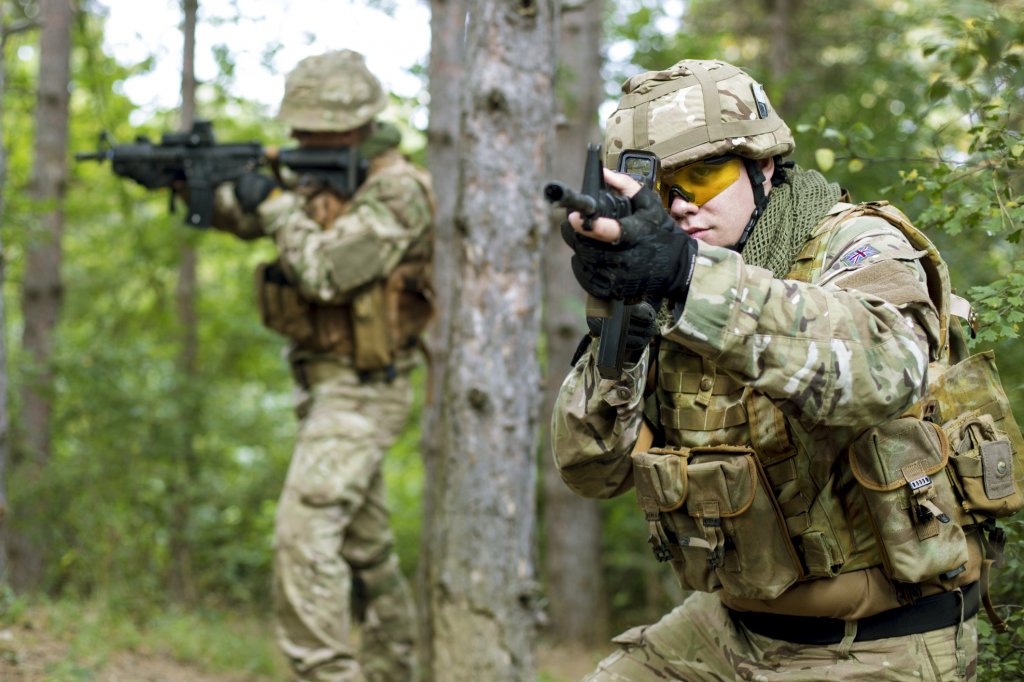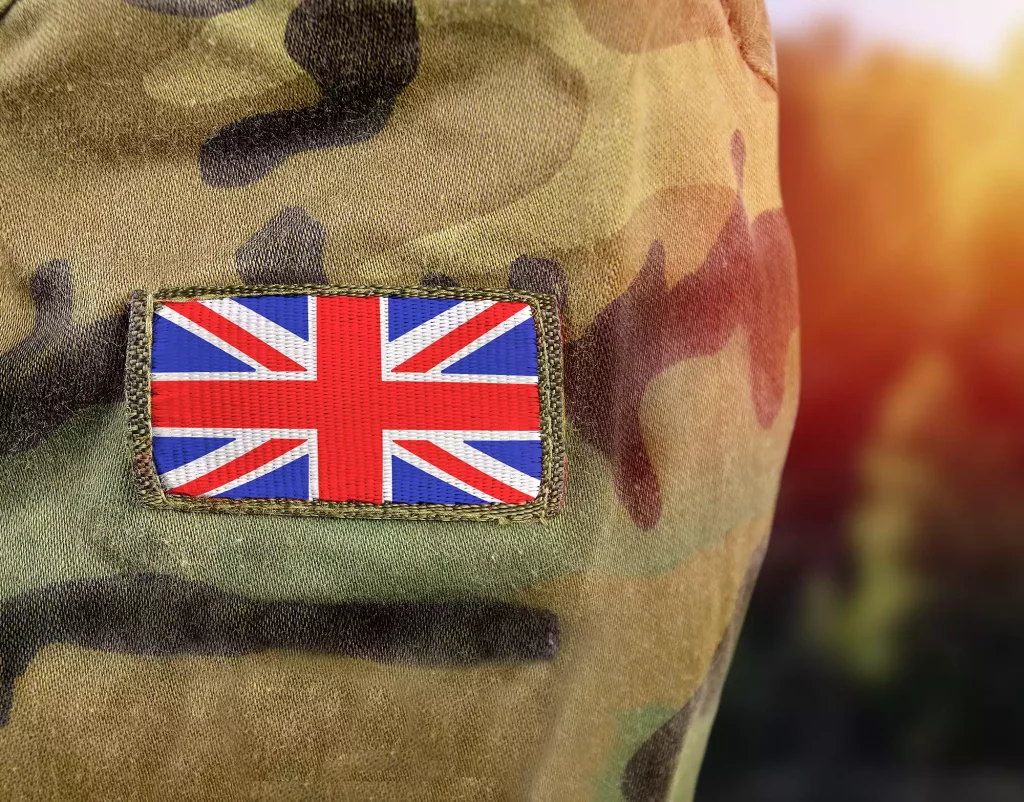Recent comments from US generals that the British Army is no longer a top-level fighting force have caused concern among officials and ministers in Whitehall. The UK, with the fourth largest defence budget in the world, aims to be a leading diplomatic and military power. And yet, with such a large defence budget, why is UK defence lagging behind?
The UK’s support for Ukraine against Russian aggression has exposed weaknesses in the Ministry of Defence’s (MOD) procurement processes and highlighted the fiscal challenges it has faced for many years. Procurement Minister Alex Chalk partially recognised this recently when stating that the MOD would no longer procure “overcomplex systems which cost an absolute fortune” and prioritise instead “actually getting these things off the line”.
However, these challenges are not purely down to cost, but also to the lack of a coherent and targeted strategy. If the UK wants to play a leading role in a post-Brexit world, the Sunak Government must reprioritise defence procurement towards building a defence industrial base that creates social value and is resilient to global economic and political shocks. This will make Britain’s Armed Forces stronger and help the UK translate defence investment into domestic (Levelling Up) and foreign (Global Britain) policy wins.
With the Government ‘refreshing’ its Integrated Review and the Defence Command Paper, here are three steps to strengthen the UK’s military capabilities, project British influence abroad, and support the domestic industry and the communities that depend on it across the country:
Maximise defence spending
Amid a looming recession, and with key procurement decisions on the horizon, the best way to maximise defence spending is to focus on developing strong sovereign capabilities and a supply chain that is resilient in an increasingly unstable world.
The UK defence industry is world-leading. Between 2020 and 2021 it supported well-paying, skilled jobs across all corners of the UK, providing over 5,000 apprenticeships and 92,000 jobs, and exporting £5bn worth of goods to over 60 markets.
MOD procurement should focus investment on creating the right incentives for industry to on-shore production, where possible, and develop new capabilities. Government investment and strong partnerships with British industry are not only a way to support growth and exports but are key to creating social value and wealth across the UK.
Future-proof procurement decisions
The MOD needs to future-proof procurement and ensure that investment not only addresses the challenges of today but also of the future.
The acknowledged procurement challenges of AJAX, or the delays in replacing AS90, become more costly in the face of Russia’s invasion of Ukraine and China’s advancing position in the Indo-Pacific. Whether more budget is granted to the MOD or not, the Government needs to ensure that the hard-earned settlement it receives from the Treasury looks at future capabilities too.
While the Army’s current deficiencies make it tempting to purely revamp land capabilities, the Government should redouble its commitment to invest in sunrise systems. Land conflicts will remain relevant—and the MOD should react to this reality by urgently replacing and upgrading land systems—but key decisions on future capabilities in space or cyber taken today will determine the UK’s place in the world in the decades to come.
Collaborate with allies
While the MOD should focus on supporting sovereign capabilities and the UK’s industrial base, this should not come at the expense of collaborating with key allies like France, Germany and the US, or supporting interoperability within NATO. Industrial collaboration is key to overcoming the common defence challenges faced by the UK and its allies.
We know that, when collaboration is done well, it yields great economic and military results—the Eurofighter is an example of this, as will be bringing Japan into the development of Tempest. Industrial collaboration is not only an opportunity to produce better and more integrated systems, but it ultimately underpins trust between allies and helps develop joint foreign and defence strategies. It offers an opportunity to receive investment and technology, while also increasing exports to key markets.
The UK Government faces key defence and industrial challenges today. A war in Europe is testing Britain’s military capabilities; a recession and high inflation have weakened the spending power of the Treasury. Refreshing the Integrated Review and the Defence Command Paper offers a unique opportunity to refocus defence investment in a way that strengthens the UK’s sovereign capabilities and domestic supply chains and deepens collaboration with allies. The decisions made today will determine the UK’s future fighting capabilities and, ultimately, its place in the world.








